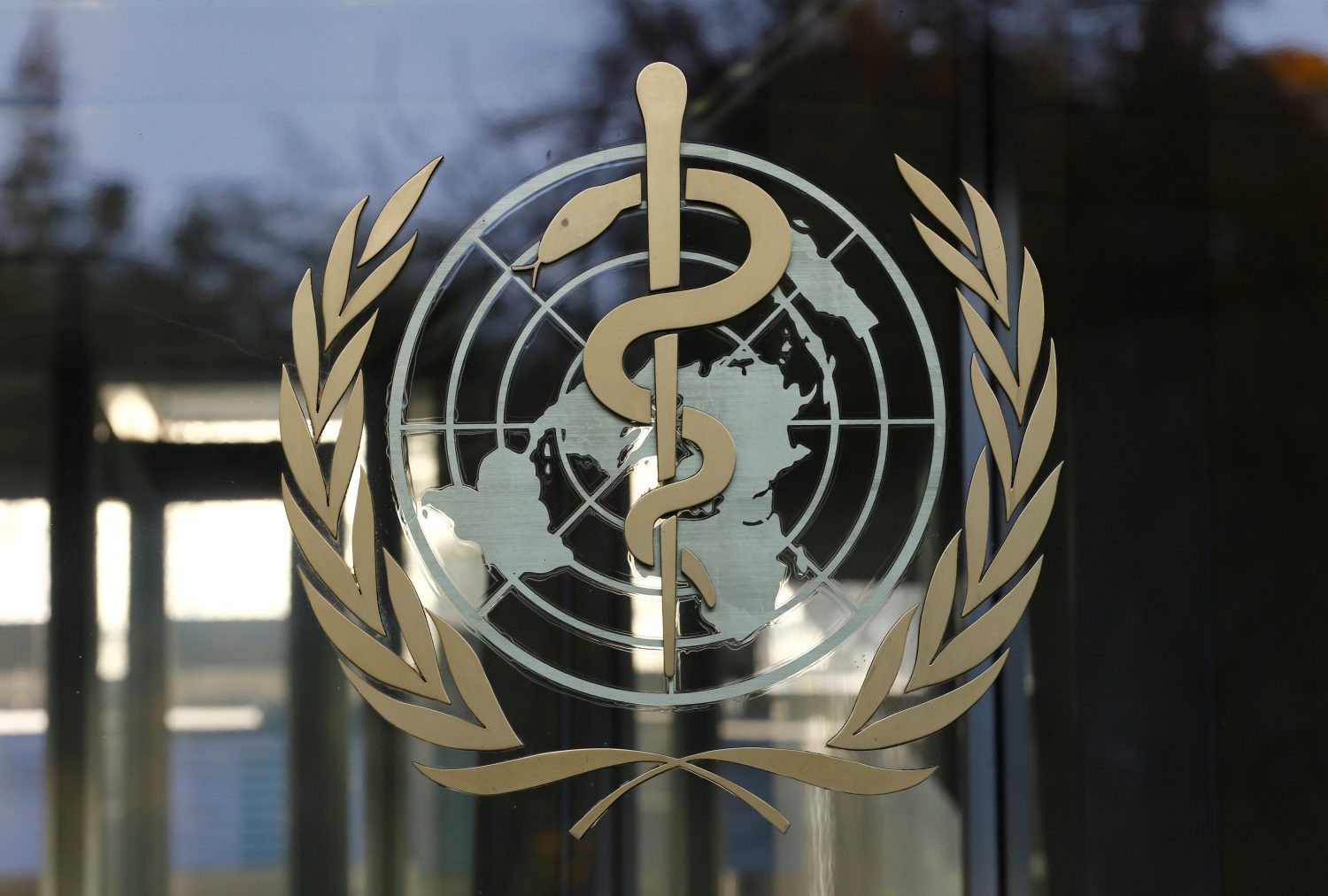
By Stephanie Nebehay and Ryan Woo
GENEVA/BEIJING (Reuters) – The rapid rise in coronavirus raised fears of a pandemic on Friday, with six countries reporting their first cases, the World Health Organization warning it could spread worldwide and Switzerland cancelling the giant Geneva car show.
World share markets crashed again, winding up their worst week since the 2008 global financial crisis and bringing the global wipeout to $6 trillion.
Hopes that the epidemic that started in China late last year would be over in months, and that economic activity would quickly return to normal, have been shattered as the number of international cases has spiralled.
“The outbreak is getting bigger,” WHO spokesman Christian Lindmeier told reporters in Geneva.
“The scenario of the coronavirus reaching multiple countries, if not all countries around the world, is something we have been looking at and warning against since quite a while.”
Switzerland joined countries banning big events to try to curb the epidemic, forcing cancellation of next week’s Geneva international car show, one of the industry’s most important gatherings.
Mainland China reported 327 new cases, the lowest since Jan. 23, taking its tally to more than 78,800 cases with almost 2,800 deaths.
China’s three biggest airlines restored some international flights and the Shanghai fashion show, initially postponed, went ahead online.
TROOPS DEPLOYED
But as the outbreak eases in China, it is surging elsewhere.
Five more countries have reported their first case, all with travel history connected to Italy. They were Nigeria, Estonia, Denmark, Netherlands and Lithuania, Lindmeier said.
Mexico also detected its first cases of infection in two men who had travelled to Italy, making the country the second in Latin America to register the virus after Brazil.
Countries other than China now account for about three-quarters of new infections.
Bulgaria said it was ready to deploy up to 1,000 troops and military equipment to the border with Turkey to prevent illegal migrant inflows as steps up measures against the coronavirus. It has not reported any cases.
Mongolia, which has yet to confirm a case, placed its president, Battulga Khaltmaa, in quarantine as a precaution after he returned from a trip to China, state media reported.
A Chinese official called the epidemic the most difficult health crisis in the country’s modern history. Another said some recovered patients had been found to be infectious, suggesting the epidemic may be even harder to eradicate than previously thought.
Lindmeier said the WHO was looking very carefully into reports of some people getting re-infected.
In addition to stockpiling medical supplies, governments ordered schools shut and cancelled big gatherings to try to halt the flu-like disease.
U.S. President Donald Trump’s administration was considering invoking special powers to expand production of protective gear.
In Europe, France’s reported cases doubled, Germany warned of an impending epidemic and Greece, a gateway for refugees from the Middle East, announced tighter border controls.
The death toll in Italy, Europe’s worst-hit country, rose to 17 and those testing positive increased by more than 200 to 655.
Germany has nearly 60 cases, France about 38 and Spain 23, according to a Reuters count.
OLYMPIC DOUBTS
South Korea has the most cases outside China. It reported 571 new infections on Friday, bringing the total to 2,337 with 13 people killed.
The head of the WHO’s emergency programme, Dr Mike Ryan, said Iran’s outbreak may be worse than realised. It has the most deaths outside China – 34 from 388 reported cases.
U.S. intelligence agencies are monitoring the spread of coronavirus in Iran and India, where only a handful of cases have been reported, sources said.
U.S. Secretary of State Mike Pompeo said the United States had offered to help Iran, raising doubts about its willingness to share information.
Japan is scheduled to host the 2020 Olympics in July but Ryan said discussions were being held about whether to go ahead.
Organisers will decide next week on the ceremonial torch relay, due to arrive on March 20 for a 121-day journey past landmarks including Mount Fuji and Hiroshima’s Peace Memorial Park.

A woman wearing a face mask collects food purchased through group orders at the entrance of a residential compound in Wuhan, the epicentre of the novel coronavirus outbreak, Hubei province, China February 28, 2020. REUTERS/Stringer CHINA OUT.
As of Friday, confirmed cases in Japan had risen above 200, with four deaths, excluding more than 700 cases on a quarantined cruise liner, Diamond Princess.
A British man infected on the ship had died, bringing the death toll among passenger to six, Kyodo newswire reported.
Prime Minister Shinzo Abe had called for schools to close and vowed to prevent a severe blow to an economy already teetering on the brink of recession.
In Moscow, authorities were deporting 88 foreigners who violated quarantine measures imposed on them as a precaution, the RIA news agency cited Moscow’s deputy mayor as saying.
Chinese-ruled Hong Kong, where the coronavirus has killed two and infected more than 90, quarantined a pet dog of a coronavirus patient after it tested “weak positive”, though authorities had no evidence the virus can be transmitted to pets.
Follow this link for Interactive graphic tracking global spread of coronavirus.
(Reporting by Stephanie Nebehay in Geneva, Ryan Woo, Yingzhi Yang in Beijing, Lisa Lambert and Mark Hosenball in Washington, Sangmi Chai in Seoul, Leika Kihara in Tokyo, Kate Kelland in London, Tsvetelia Tsolova in Sofia, Michael Shields and Brenna Hughes Neghaiwi in Zurich, Daina Beth Solomon in Mexico City; Writing by Robert Birsel, Giles Elgood and Nick Macfie; Editing by Simon Cameron-Moore, Jon Boyle and Timothy Heritage)












